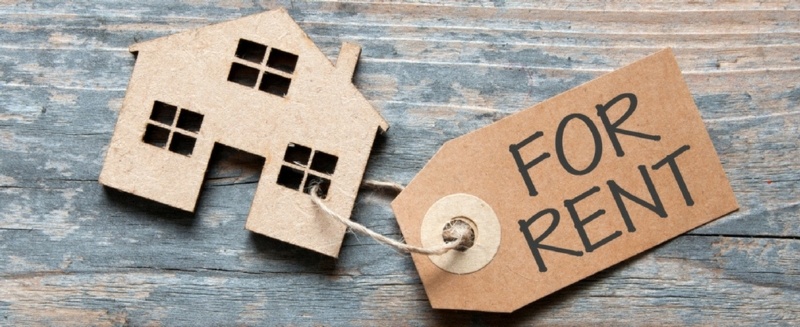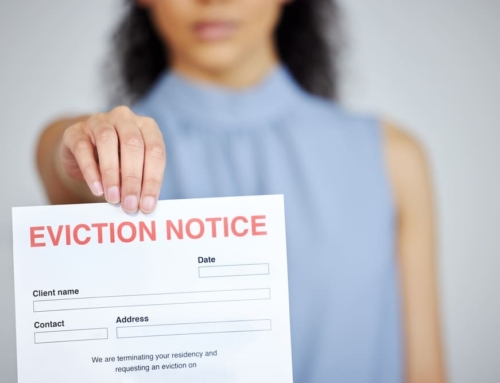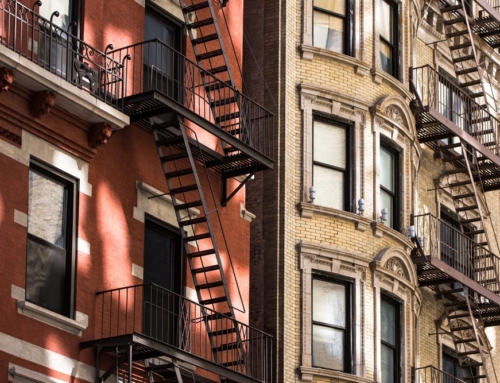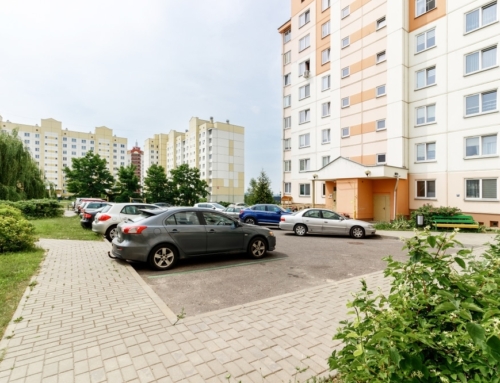When you bought your condo, did you think it would be the beginning of your real estate investing career? Perhaps you planned to rent it out for a few months while you were vacationing, or maybe you thought that you could one day move into a bigger place and rent out the condo as an investment property.
Unfortunately, renting out condos—whether located in pricey urban neighborhoods or vacation hot spots—may not be as easy as you think.
The greater the demand for a building, the more likely it is that the building will have restrictions on rentals. These restrictions are designed to protect the value of owners’ equity, but they can also put a costly crimp in any plans to rent out a condo in the building.
In addition, new Federal Housing Administration (FHA) rules could impact your ability to rent out your condo—even if you don’t have an FHA loan yourself.
Before you start advertising your condo for rent, ask yourself five key questions:
1. Is there a chance that rental caps could keep you from renting your condo?
Rental caps, which can be imposed at any point, limit the number of owners who can rent out their condos at any given time. They’re designed to keep demand for buying a unit in the building high, and they could prevent you from renting out your condo if a number of owners are already renting.
If you’re a relatively new owner, you might be put at the end of the waiting list of owners who want to rent.
2. Can the building’s rent restrictions make it difficult for you to rent your condo?
Some buildings in pricey neighborhoods require that owners who rent out their condos set rents above a certain minimum to keep the values high and the clientele exclusive. Finding tenants to pay higher rents might take extra time, and if that doesn’t fit your plans, you could have a problem.
And don’t even think about renting for a night or a week. Condo managers have been known to check up on advertisements that violate their policy.
3. Could FHA policies be a problem (even if you don’t have an FHA loan)?
FHA loans are a popular option with many buyers because they require a down payment of only 3.5 percent. Today, the FHA guarantees about 20 percent of all mortgages.
However, in order for buyers to be able to use FHA loans to buy condos, the building must be FHA certified. This means the building must meet several requirements, including the following:
- More than 50 percent of the building’s residential units must be owner occupied.
- Units cannot be rented for less than 30 days.
In order to comply with FHA rules, the building might also request specific information about your lease, including a list of all persons permitted to occupy the property under the lease.
Many buildings follow FHA rules on rentals even if they are not certified; some do so in order to keep the option open for future certification.
If a significant percentage of the units in your building are rented, and your building is currently FHA-certified (or is planning to become certified in the future), you might want to investigate the situation further to determine whether you may have a problem renting out your condo.
4. Are you in compliance with local rent laws?
Failure to comply with local rent laws can result in costly fines, so it’s important that you abide by them. Local rent laws may require you to register the property or obtain a business license. Cities with rent control nearly always require rental registration, even if you are exempt from the rent control laws.
Some jurisdictions place limits on how much you can collect in security deposits and how much interest you must pay to tenants when they leave. Others give the tenant a first right to purchase option if the owner decides to sell the condo.
5. How much will your real estate taxes rise?
There are two reasons your real estate taxes may increase when you use your condo as a rental:
- Many jurisdictions give homeowners a homestead exemption, which lowers taxes on a taxpayer’s home if it is the taxpayer’s primary residence. If you convert your condo to a rental, you normally lose this exemption.
- Non-owner-occupied residential real estate is normally taxed at a higher rate than owner-occupied real estate because non-owner-occupied property is assumed to be held for investment purposes.
You can avoid a lot of headaches later on if you find out about any rental restrictions in place before you buy a condo. It’s also a good idea to get a sense of whether or not the building’s board is likely to pass new restrictions anytime soon. Getting a sense of the board’s temperament on rental issues in advance could protect you in the future because the board can change the rules at any time.
Steve Cook is executive vice president of Reecon Advisors and covers government and industry news for the Reecon Advisory Report. He is a member of the National Press Club, the Public Relations Society of America, and the National Association of Real Estate Editors, where he served as second vice president. Twice he has been named one of the 100 most influential people in real estate. In addition to serving as managing editor of the Report, Cook provides public relations consulting services to real estate companies, financial services companies, and trade associations, including some of the leading companies in online residential real estate.





